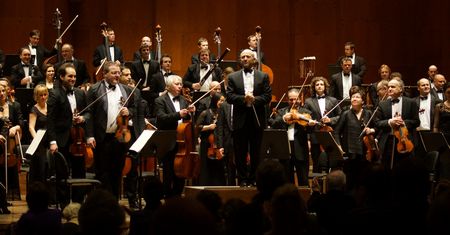Is Budapest the new world capital of orchestral music?
NewsFrom a reflection by our correspondent Alexandra Ivanoff:
ince I moved to Budapest in 2015, the constant question from Hungarians is: “Why on earth would you move here?” My answer is “the music life is like no other city in the world” — an answer that usually elicits confused stares from the questioner. My response to them is: “How many professional symphony orchestras does Budapest have?”
Here is the list of 12 professional orchestras (in no particular order):
MÁV Symphony Orchestra
Budapest Festival Orchestra
Hungarian National Philharmonic Orchestra
Concerto Budapest
Budafok Dohnányi Orchestra
Zugló Symphony Orchestra
Óbuda Symphony Orchestra
Liszt Chamber Orchestra
Pannon Philharmonic
Orfeo Orchestra/Purcell Choir
Hungarian National Radio Symphony Orchestra
Hungarian National Opera Orchestra
I then pose the question to the questioner(s): How many orchestras do you think New York City has? The answer is: one! That answer is the same for Chicago, Los Angeles, San Francisco, Philadelphia, and Boston. And none of them are supported by state or federal governments…
Read on here.






Comments